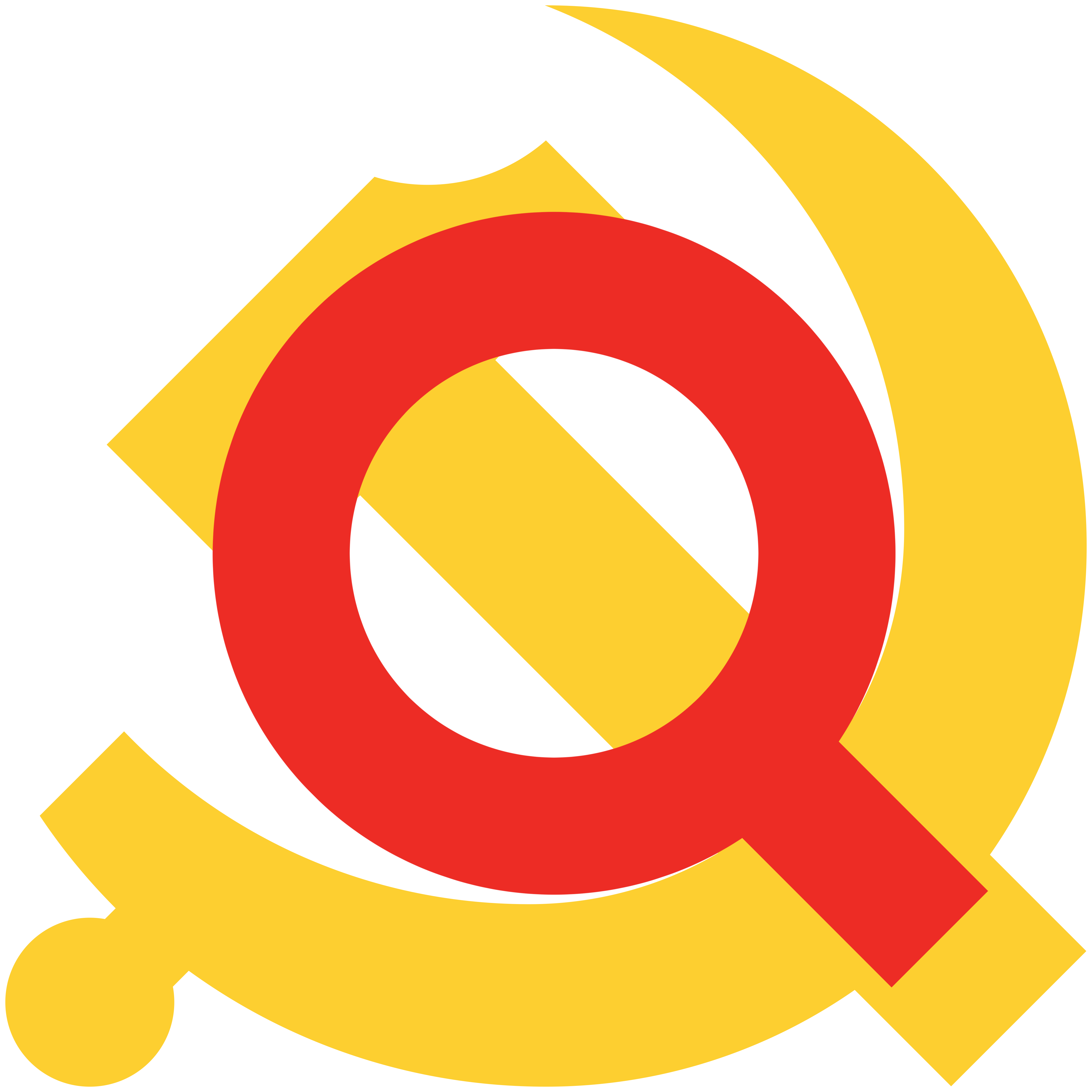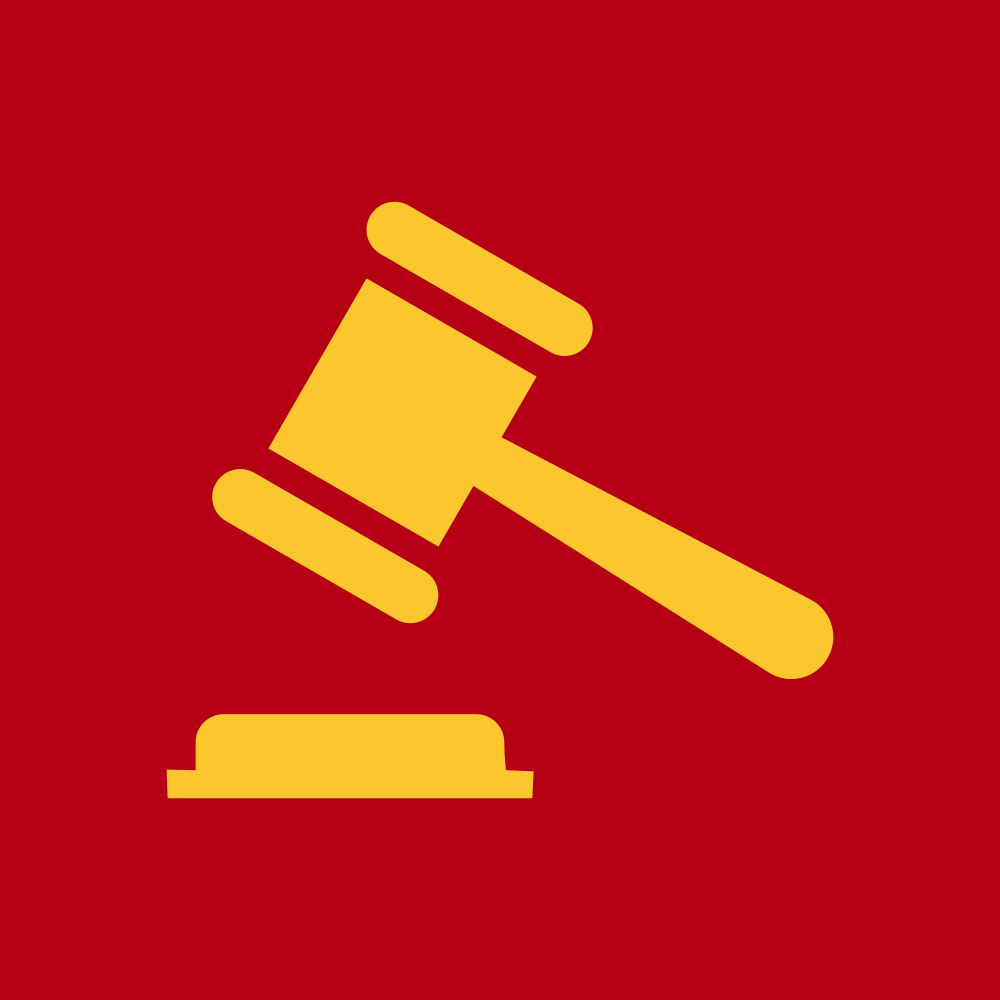

There is a slogan "勤劳致富光荣", which basically means "prosperity through hard work is glorious", it can be shortened to "致富光荣" by removing the prefix "勤劳" (hard work), and this can be "mistranslated" into "to get rich is glorious". I don't think Deng Xiaoping actually said it, because even the Chinese Wikipedia page only mentions that this slogan was "associated" with him and Reform and Opening Up.
However, Deng was confronted with this exact phrase in 1986 during an interview with American TV Correspondent Mike Wallace, this is the excerpt from "Selected Works of Deng Xiaoping Volume III" (Foreign Language Press) page 173 to 174: (Theory China ebook link, marxists.org link, Chinese 71.cn link)
Wallace: To get rich is glorious. That declaration by Chinese leaders to their people surprises many in the capitalist world. What does that have to do with communism?
Deng: We went through the “cultural revolution”. During the “cultural revolution” there was a view that poor communism was preferable to rich capitalism. After I resumed office in the central leadership in 1974 and 1975, I criticized that view. Because I did so, I was brought down again. Of course, there were other reasons too. I said to them that there was no such thing as poor communism. According to Marxism, communist society is based on material abundance. Only when there is material abundance can the principle of a communist society—that is, “from each according to his ability, to each according to his needs”—be applied. Socialism is the first stage of communism. Of course, it covers a very long historical period. The main task in the socialist stage is to develop the productive forces, keep increasing the material wealth of society, steadily improve the life of the people and create material conditions for the advent of a communist society.
There can be no communism with pauperism, or socialism with pauperism. So to get rich is no sin. However, what we mean by getting rich is different from what you mean. Wealth in a socialist society belongs to the people. To get rich in a socialist society means prosperity for the entire people. The principles of socialism are: first, development of production and second, common prosperity. We permit some people and some regions to become prosperous first, for the purpose of achieving common prosperity faster. That is why our policy will not lead to polarization, to a situation where the rich get richer while the poor get poorer. To be frank, we shall not permit the emergence of a new bourgeoisie.
Note that the phrase I highlighted, "to get rich is no sin" (致富不是罪过), is also very controversial when taken out of context like "to get rich is glorious".









I guess you were looking at the images when Lemmygrad was undergoing maintenance: "Images will be broken while we perform some maintenance" https://lemmygrad.ml/post/4830625